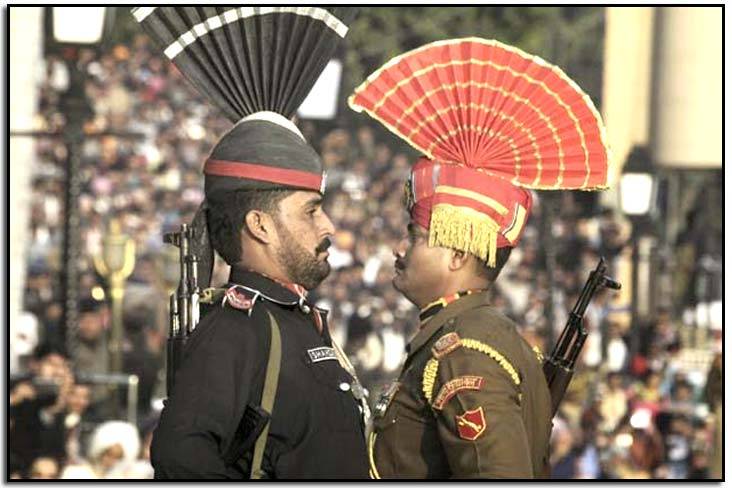As we can see global politics is drastically changing and there are some new and even surprising alliances forming at the international stage. These include past enemies and old friends focusing on mutual interests.
South Asia has always been an important region in international politics and for the world powers due to its strategic significance. And it is very unfortunate that in South Asia peace remains only a dream for the common people, due to two hostile neighbors. But there is no denying the fact that world powers do have their own interests in the region and peace in South Asia may not be among those interests.
Two days ago, I attended a national conference on ‘Challenges of Peace Building in South Asia’ organized by the Centre for South Asian Studies and Department of Political Science, University of the Punjab, Lahore. This was a great effort to discuss complex and multifaceted issues in an organized and academic way and also to devise some strategies to cope with existing and emerging hurdles in the way of peace building in South Asia.
But discussing issues on intellectual forums without solid arguments and sound theoretical frameworks doesn’t make you look particularly good.
I am sad to share there were hardly four or five papers that were relevant and well-organized in the conference. The rest of the party was not interested in real issues, the intention mostly being inclined towards “getting one more paper read in a conference or published in a journal”.
Every day we watch on TV and read in newspapers that in South Asian there are two rivals – India and Pakistan – and that there can be no peace in the region without first lessening tensions between these two countries. We are also told that trade is the best way to do so. But these TV shows and newspapers do not tell us how to do this. I was expecting that this ‘how’ will be addressed in a realistic and pragmatic way and will also be reasonably answered by our academia. But none of the speakers tried to analyze challenges or issues in a policy framework.
The scope of most of the papers, read in the conference, was limited and myopic. We, therefore, failed to develop a comprehensive and workable strategy to at least lessen tensions between Pakistan and India. However, there were some pieces of advice for both countries in terms of “should do so” and “should not do so”.
Presenters didn’t like to talk much about the global powers and their interests in the region. They conveniently ignored the changing dynamics of international politics and their impact on peace and politics of South Asia. Kashmir issue also remained ‘not a big deal’ and not a particularly hard core issue for some scholars.
Lastly, this was an intellectual forum and the scholars were supposed to be relevant and to the point. Above all realism and pragmatism was expected. But perhaps idealism and emotionalism prevailed in the conference room.
There were a few presenters who spoke very well, remained relevant and addressed the issues in a pragmatic way. There was a clear effort to analyze the problems in a theoretical and systematic paradigm, by the likes of Dr. Nazir Hussain from Quaid-e-Azam University and Mr. Muhammad Sajid from Punjab University, Lahore.
Our academia needs to understand, at least at this stage, that they have to play their constructive part in building peace in Pakistan and in South Asia. We too often ferociously criticize our policy makers but unfortunately do not offer them any practical or even any reasonable policy to deal with critical situations. Using ‘should’ doesn’t work until and unless this ‘should’ is based upon logical arguments.
To conclude: it was interesting when a former vice chancellor of Gomal University quoted someone and stated that “Nations are build and destroyed in classrooms”. In these few words, he actually gave us the way forward to build peace in the region and in Pakistan.






